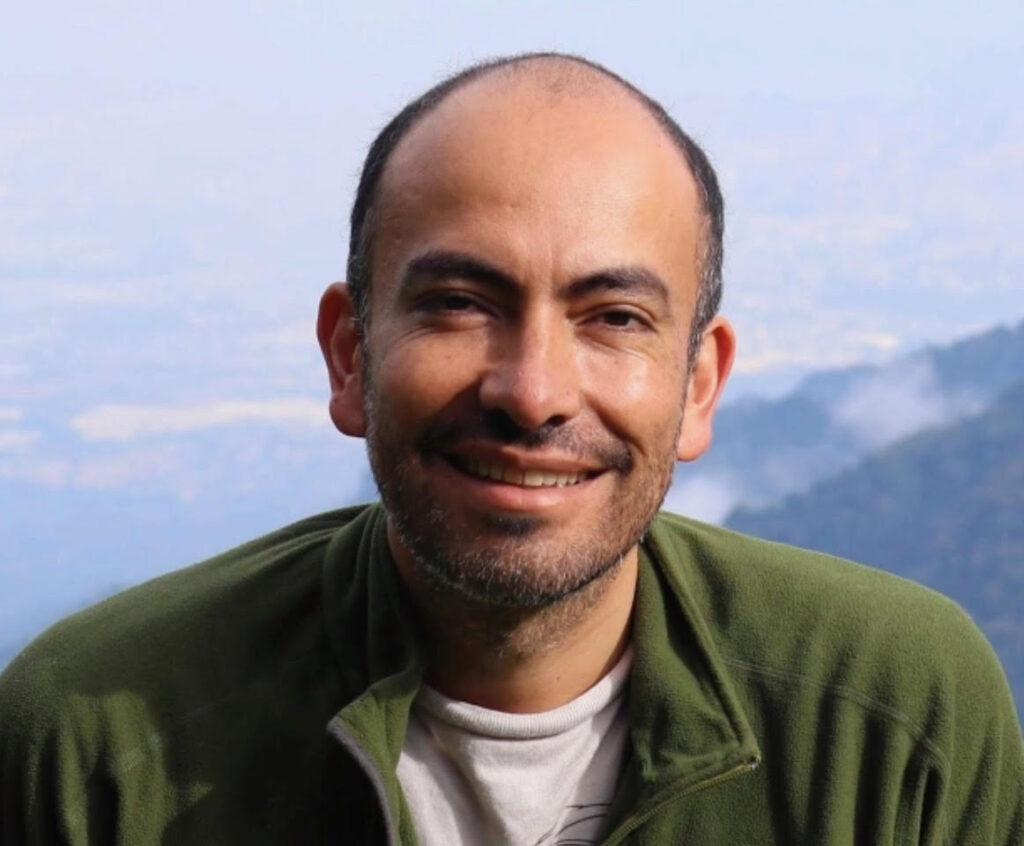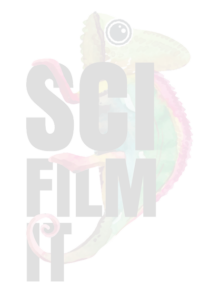In Bogota, Colombia on the 24th to the 26th of September 2021, we had our first ever SciFilmIt Hackathon outside of Switzerland. SciFilmIt Bogota was not only an incredible three days of science filmmaking, it broke new ground as the first ever event outside Switzerland. Thank you to the amazing organisers, mentors and participants!
Here are the films that were created! All films are in the local language of Spanish with English subtitles.
Por primera vez, la Hackatón SciFilmIt se realizará fuera de Suiza. Durante los días 24, 25 y 26 de septiembre de 2021, la Universidad de los Andes, en Bogotá, Colombia, acogerá la primera edición de la hackatón internacional. Esta edición se realizará en paralelo a la hackatón en Ginebra, Suiza, y contará con todas las medidas de bioseguridad requeridas en medio de la pandemia actual.
La hackatón es una oportunidad única para que científicos/as, artistas y cineastas experimenten con formas de narración audiovisual relacionadas con las ciencias; para que se inspiren mutuamente, y hagan sinergia.

Organizing Team
These are the people behind SciFilmIt hackathon Bogota 2021. We are a mix of PhDs, post-docs, artists and educators. All sharing our passion for film-making, storytelling and science communication.

Luis Antonio Silva
Luis currently works as the manager of the Communications and Cultural Management’s Office at the School of Arts and Humanities, Los Andes University, Colombia. He holds a BA in New Media Arts and a MFA in Digital Humanities from the same University. He’s a co-founder of the collective Digital Humanity, an interdisciplinary group of digital humanists trained in research, education, design, art, and digital storytelling that seeks to use digital technology as a means of knowledge generation and mediation between technological advances, their ethical considerations, cultural and social processes.
Martha J. Vives, PhD
I am a microbiologist, working on microbial bioprospection for 25 years. My research deals with the characterization of the biology and activity of microorganisms applicable to soil and water bioremediation, and the control of microbial populations using bacteriophages. I am part of a research group that has pioneered microbial and phage approaches to bioremediation in Colombia. I began in 2007 a research line to develop bacteriophage therapies for the control of antibiotic-resistant bacteria. We standardized phage control protocols to target antibiotic resistance in P. aeruginosa and then transitioned to new projects that applied these protocols for the control of pathogens in the animal production sector, where many antibiotics are used as growth promoters. My bioremediation research encompass the study of autochthonous bacteria, fungi and microalgae capable of degrading complex fractions of hydrocarbons and other organic contaminants. I am particularly interested in investigating how these microorganisms interact; isolating representative strains for genomics analyses; and studying the dynamics of microbial communities during bioremediation. All these studies have provided opportunities to educate undergraduate, masters and doctoral students, and develop strategies for the knowledge transfer to different productive sectors.


Carlos Guarnizo, PhD
I am a biologist who studies the patterns and processes related with frog biodiversity in the Neotropics. Also, I am a scientific communicator. I funded the scicomm initiatives Ciencia Café pa’ Sumercé, Séneca Divulga and Sumersario Kids. I am the host of Embusters, a scicomm tv series broadcasted in public television in Colombia.
